Spelling practice Worksheets for Ages 4-6 - Page 4
95 filtered results
-
From - To
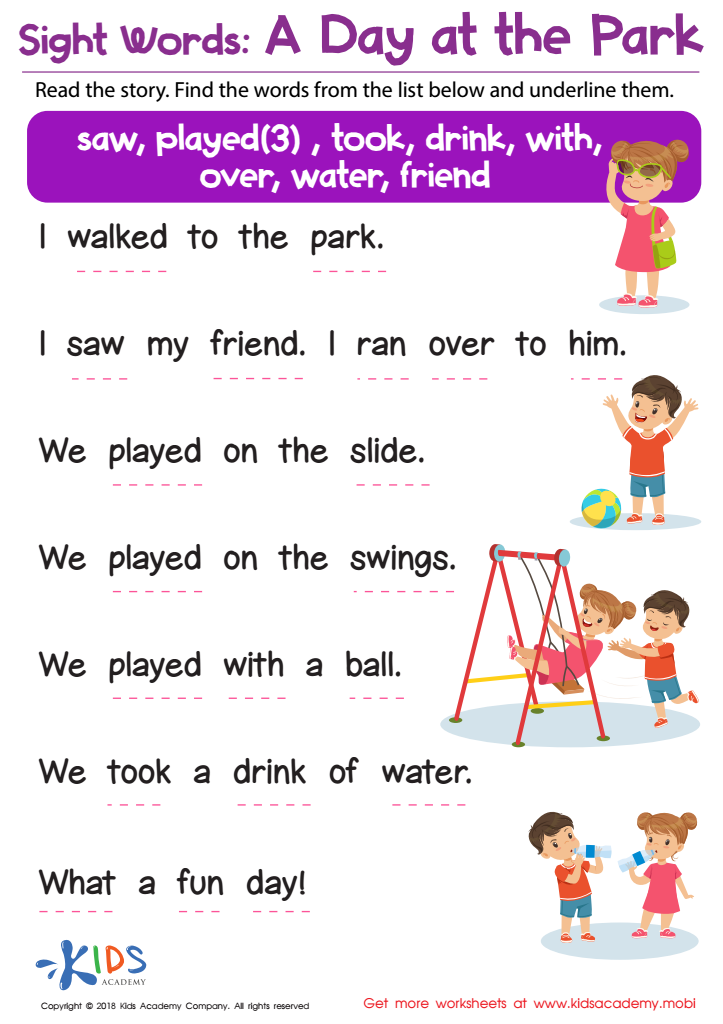

Sight Words: A Day at the Park Worksheet
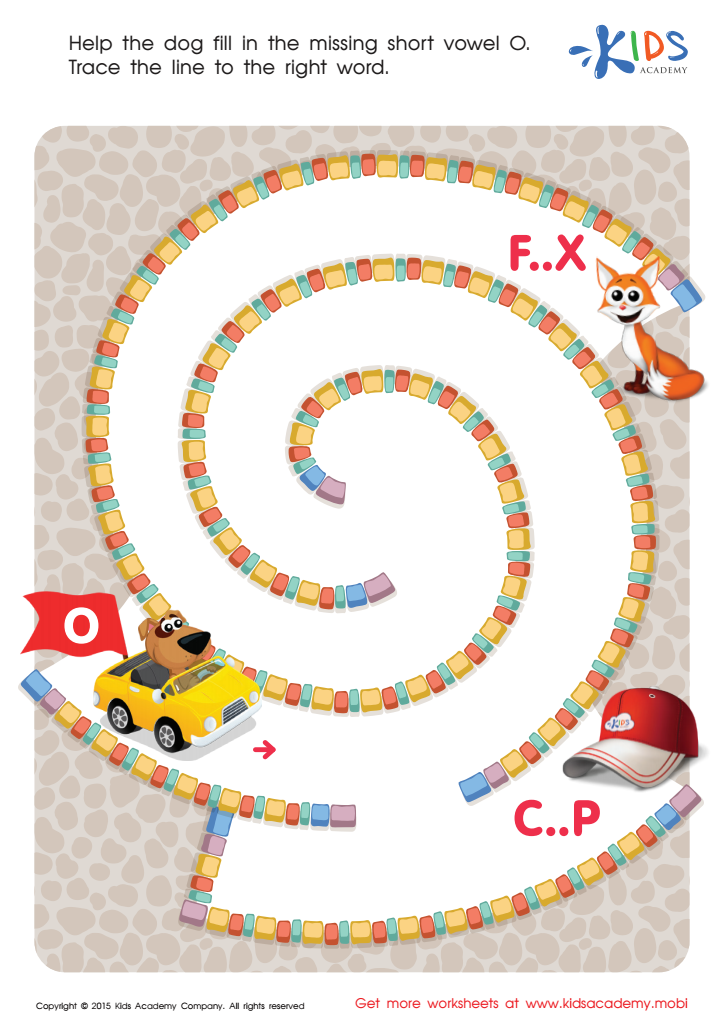

Short Vowel Sound O Worksheet
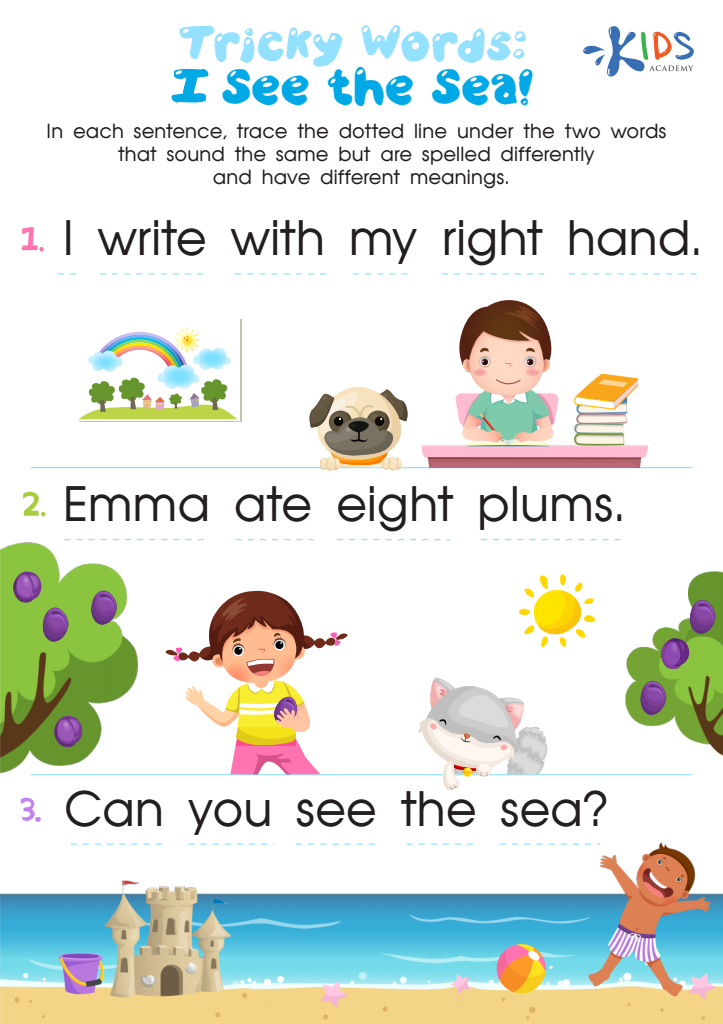

Tricky Words Worksheet
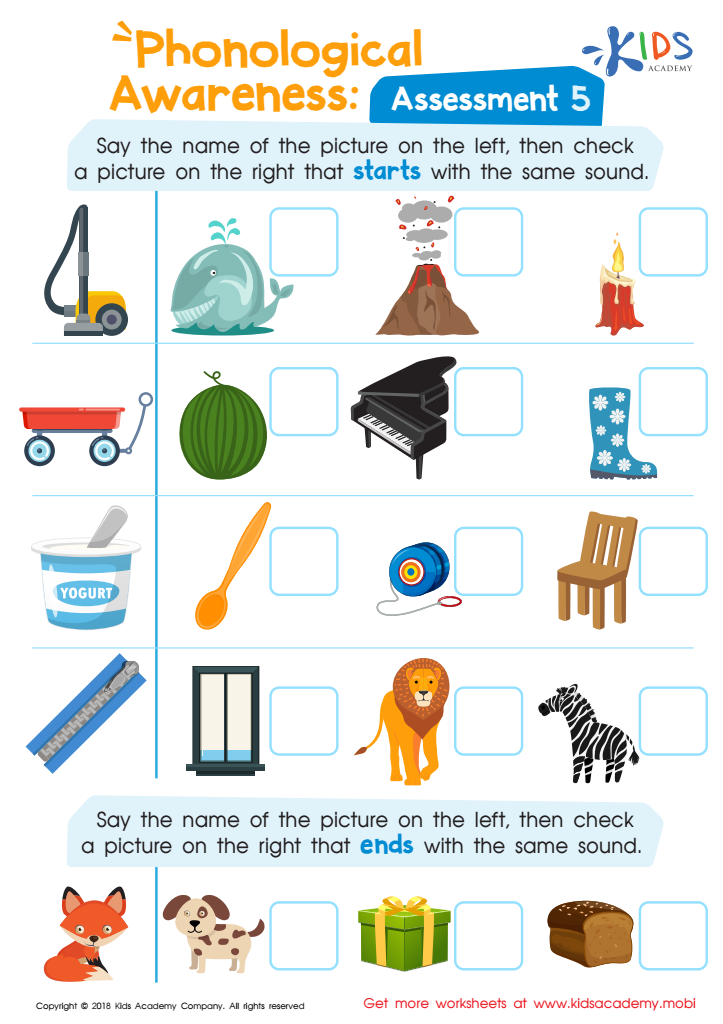

Phonological Awareness: Assessment 5 Worksheet
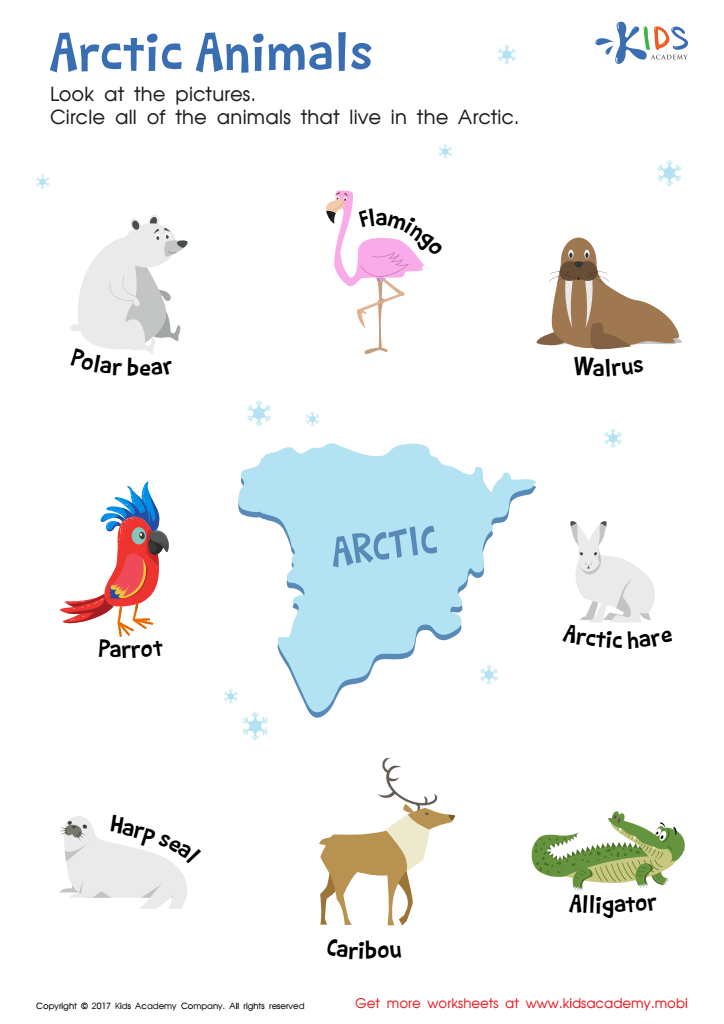

Arctic Animals Worksheet
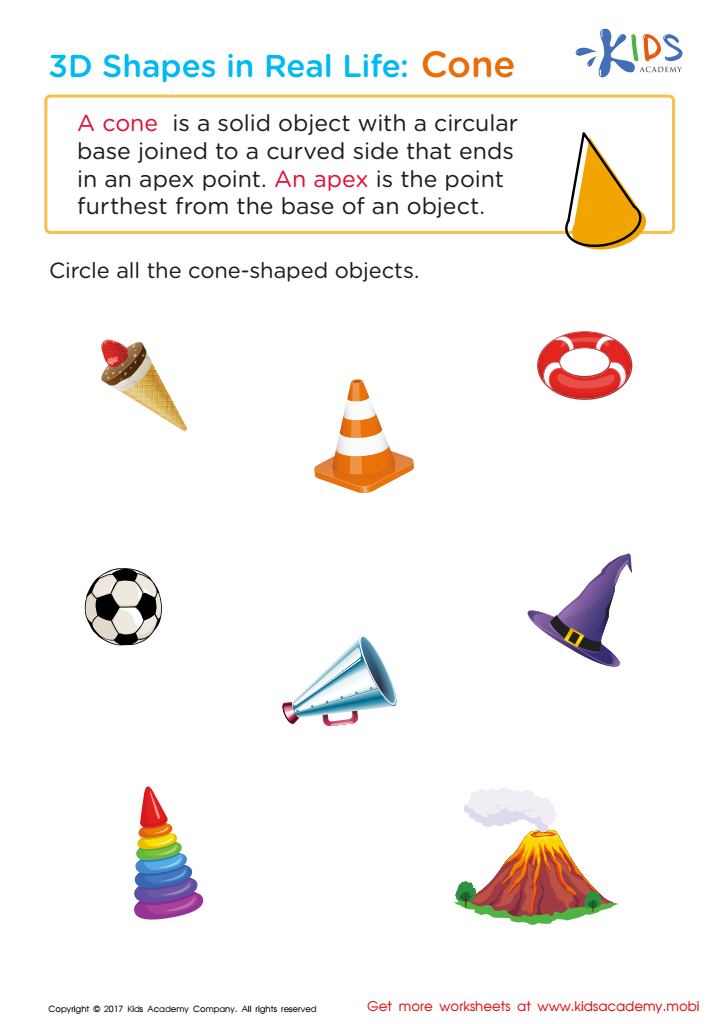

Shapes in Real Life: Cone Worksheet
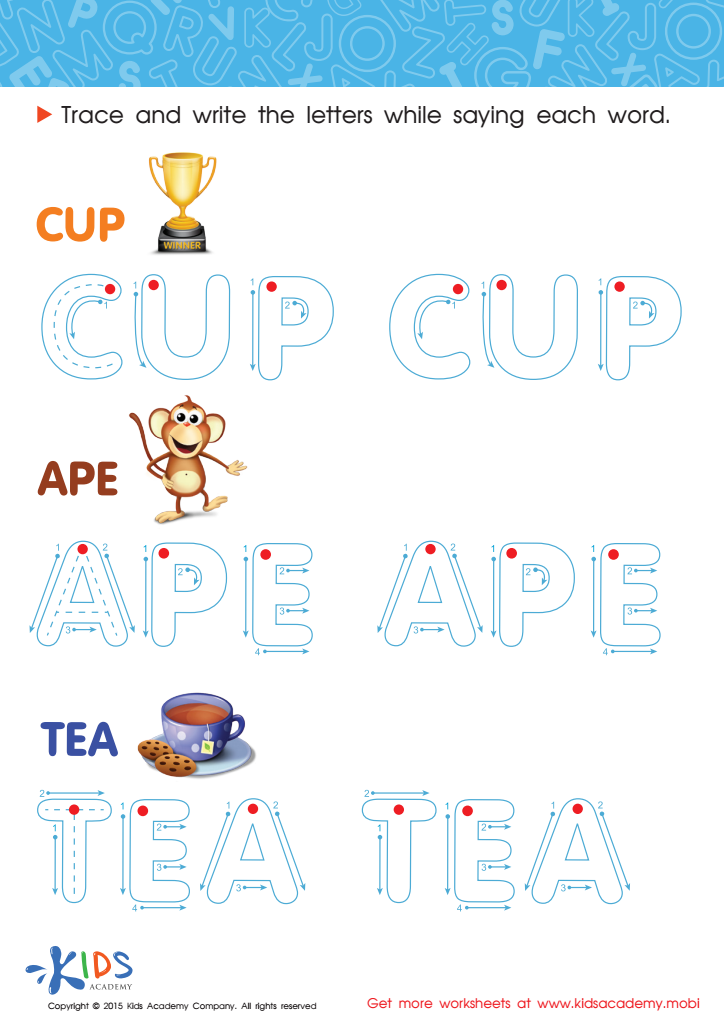

A Cup, an Ape and Tea Spelling Worksheet
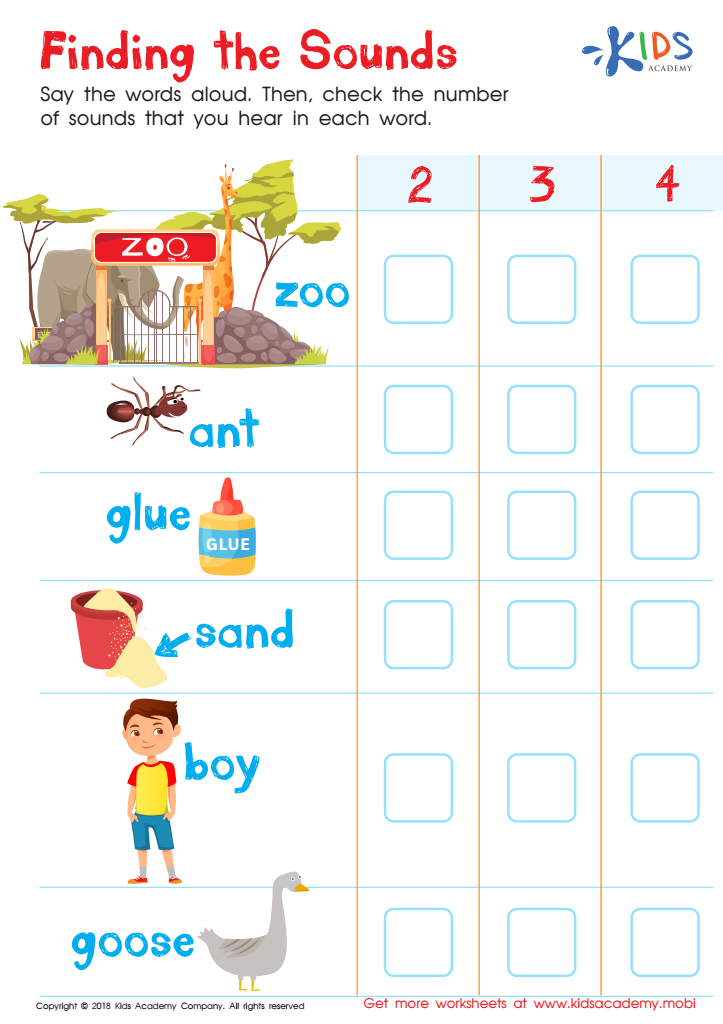

Finding the Sounds Worksheet
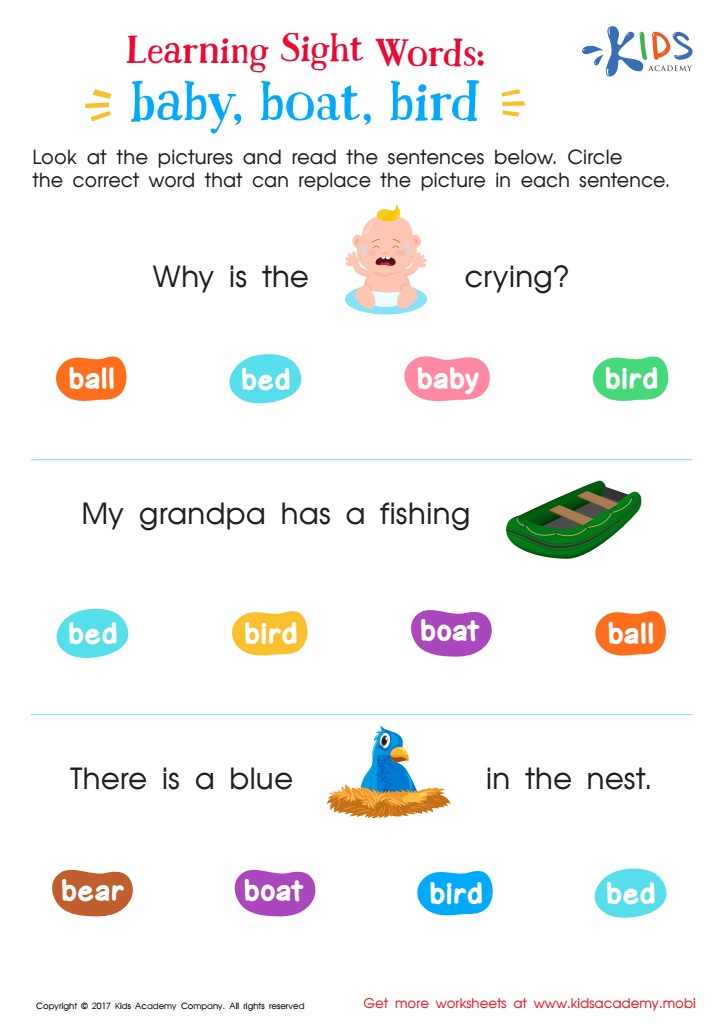

Baby, Boat, Bird Worksheet Sight Words Worksheet
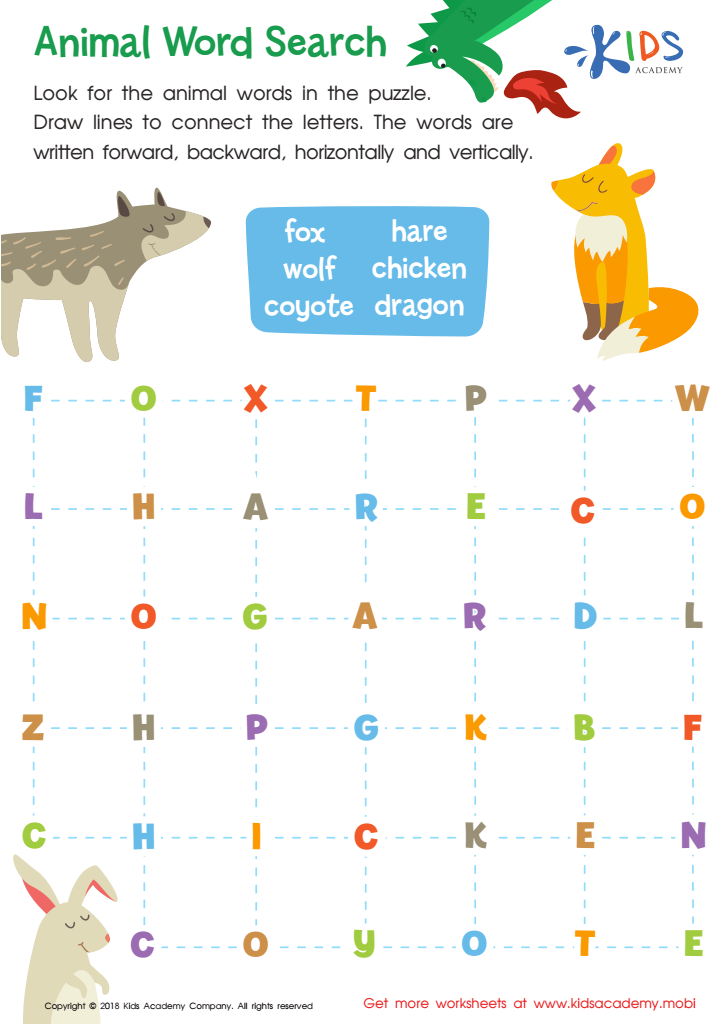

Animal Word Search Worksheet
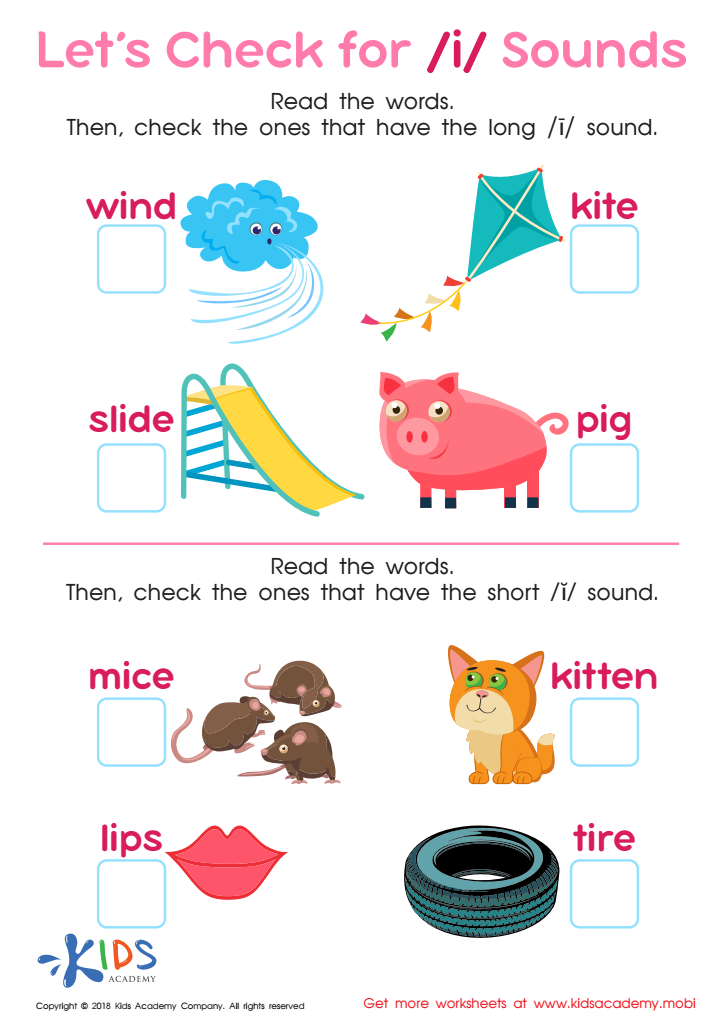

Let's Check for «i» Sounds Worksheet
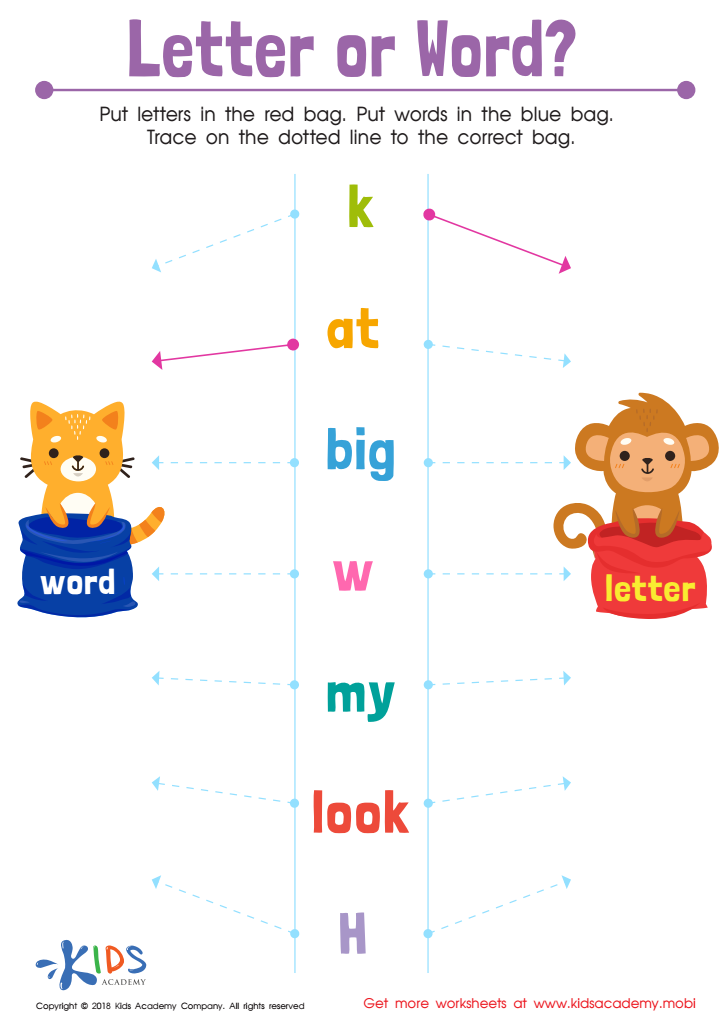

Letter or Word? Worksheet
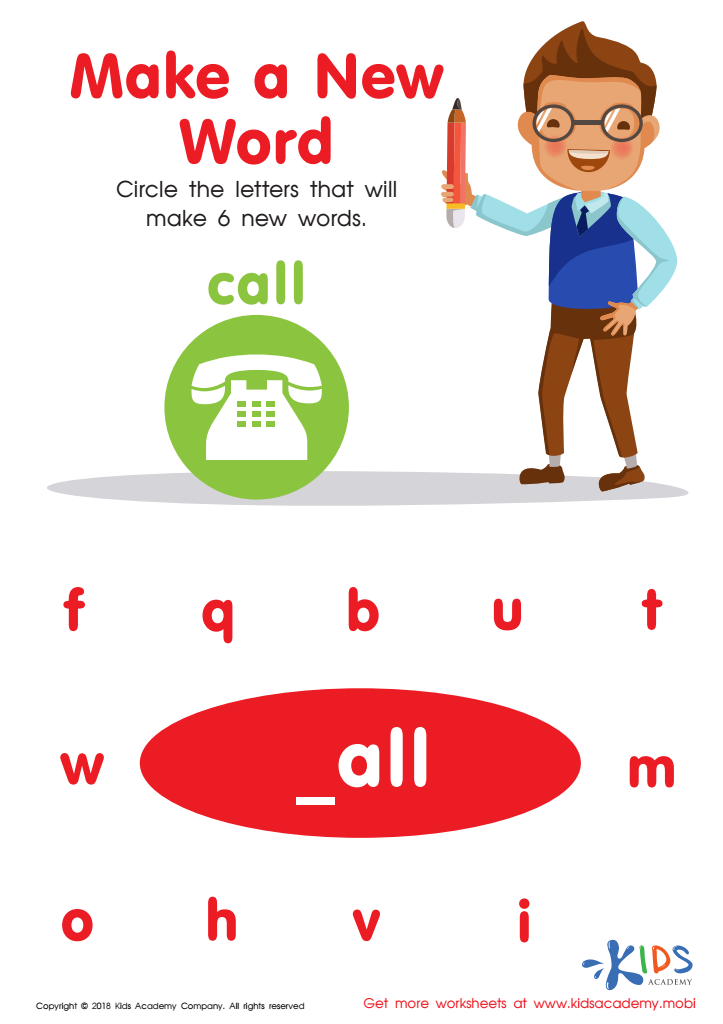

Make a New Word Worksheet
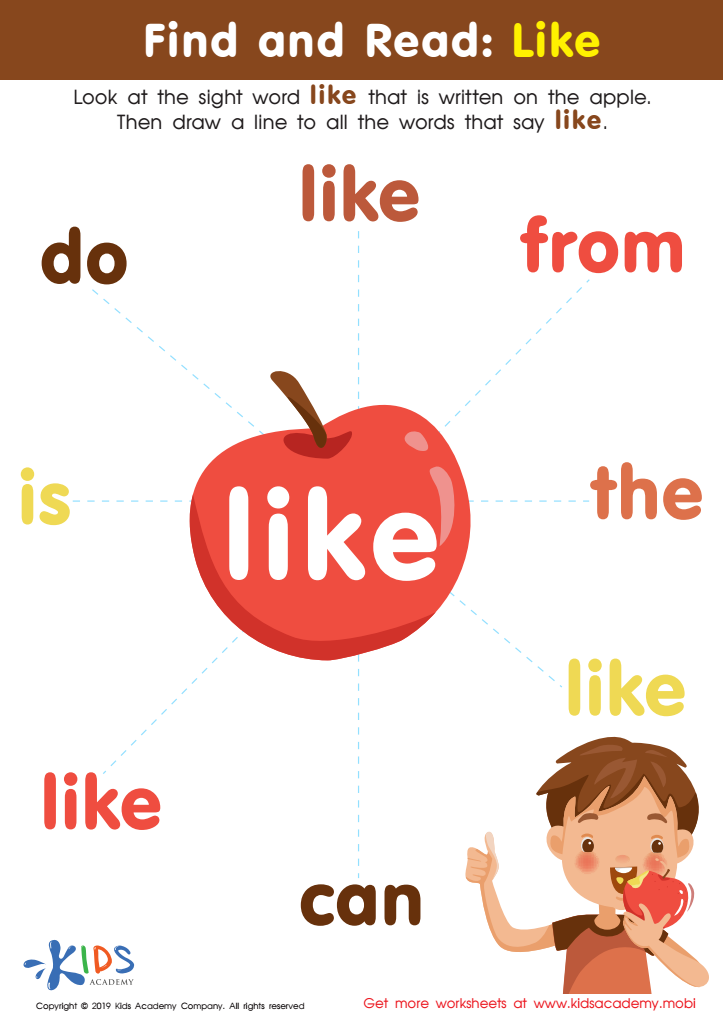

Find and Read: Like Worksheet
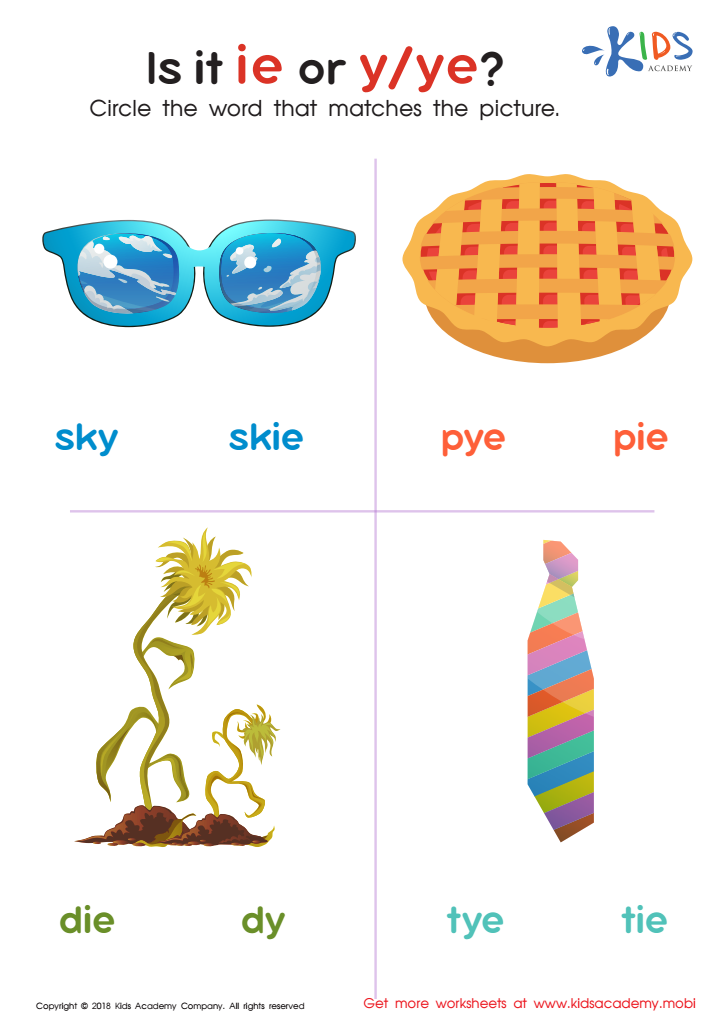

Is It IE or Y/Ye? Worksheet
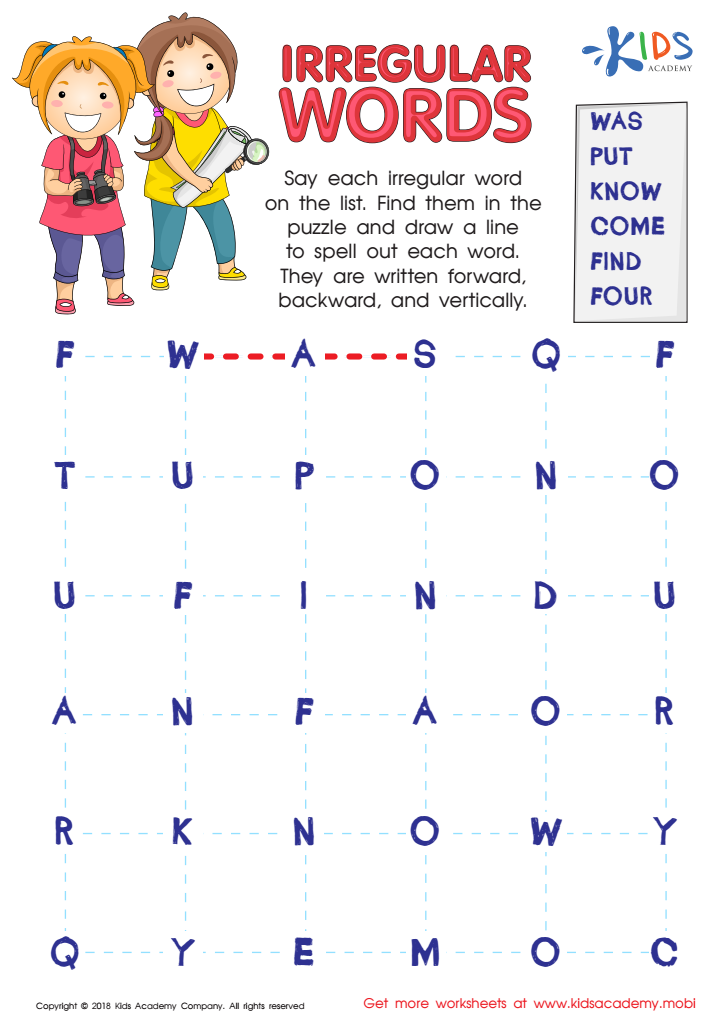

Irregular Words Worksheet


Phonics and Word Recognition: Assessment 1 ELA Worksheet
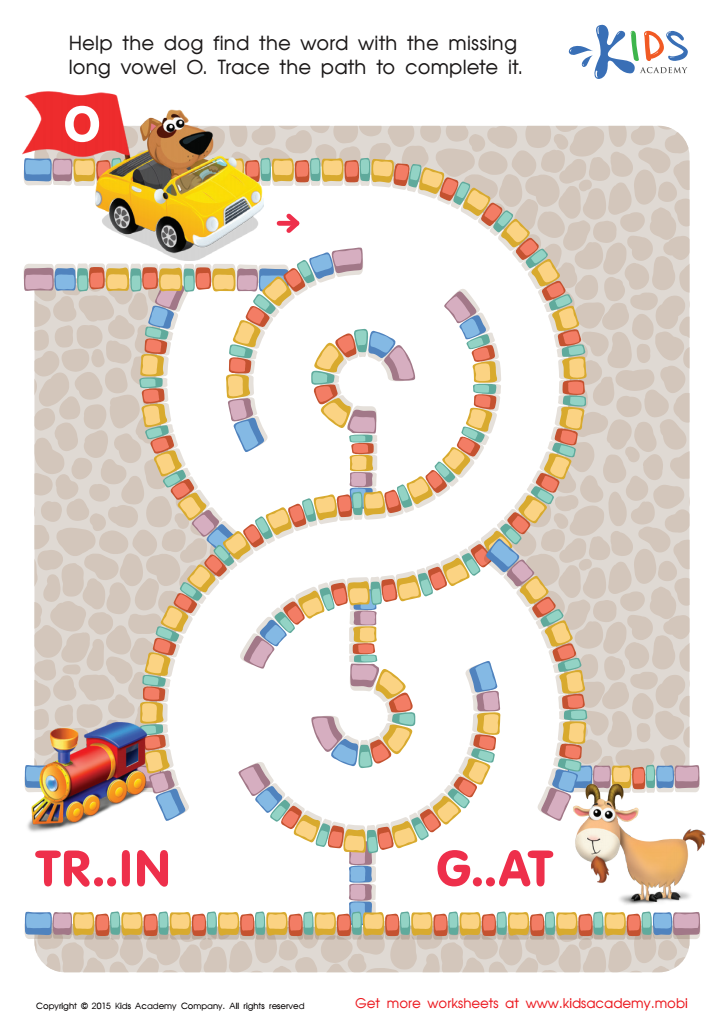

Long Vowel Sound O Worksheet
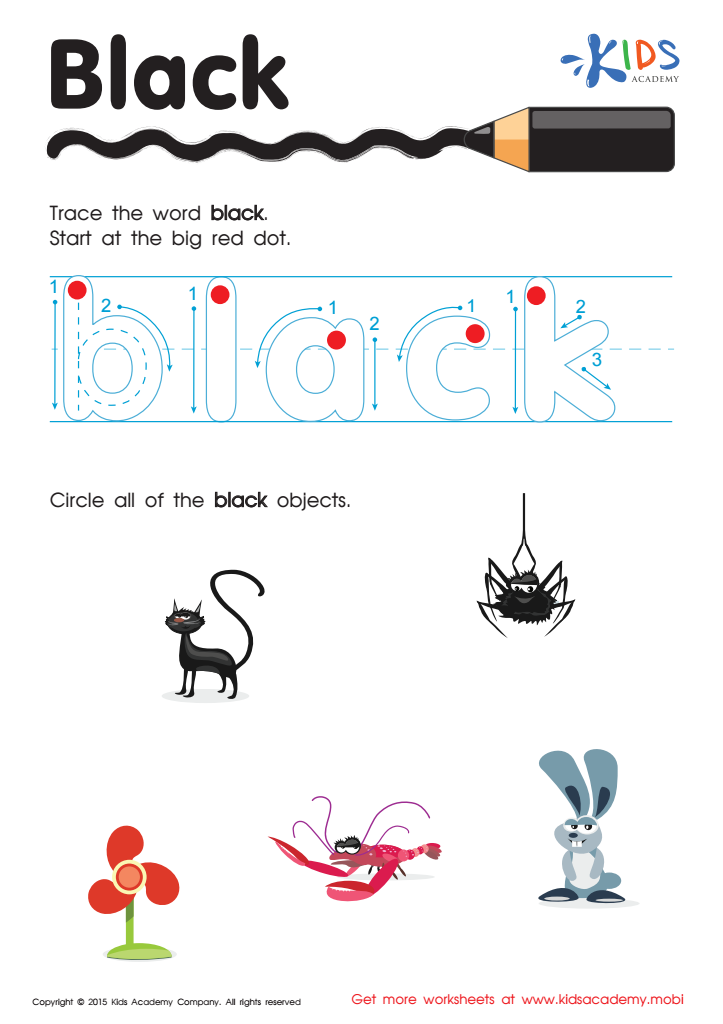

Black Tracing Color Words Printable
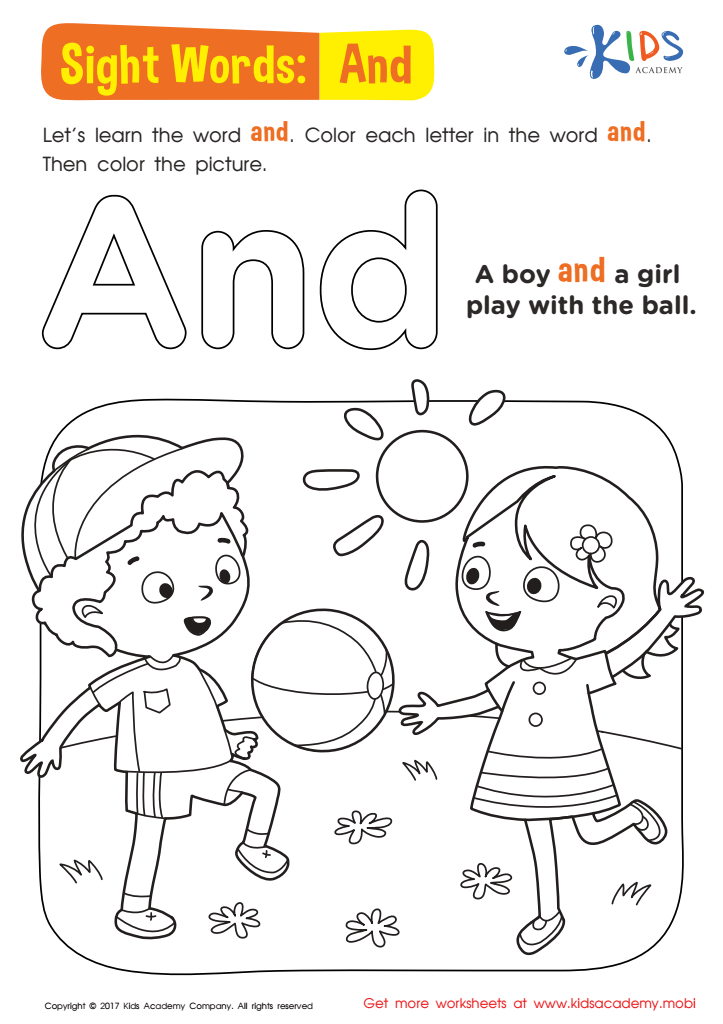

And Worksheet Sight Words Worksheet
Spelling practice for children aged 4-6 is foundational for their literacy development and overall educational success. At this early stage, children are rapidly acquiring language skills and beginning to understand how words are formed and structured. High-quality spelling practice helps young learners recognize patterns in letters and sounds, which is essential for both reading and writing proficiency.
For parents and teachers, engaging in spelling practice offers several benefits. Firstly, it builds phonemic awareness—the ability to hear, identify, and manipulate individual sounds in spoken words. This awareness is crucial for decoding new words during reading. Additionally, early spelling practice reinforces fine motor skills as children write out letters and words, aiding in their overall development.
Consistent spelling activities also bolster vocabulary and language acquisition. Learning to spell a word correctly often leads to better comprehension of its meaning and usage. Engaging in fun, age-appropriate spelling exercises can boost children's confidence and create a positive attitude toward learning. Moreover, it sets a strong foundation for future academic achievements, making subjects like reading, writing, and even math easier to tackle.
In summary, spelling practice for ages 4-6 is far more than just memorizing words. It is an integral part of early education that supports varied aspects of a child's cognitive and motor skills development.
 Assign to My Students
Assign to My Students
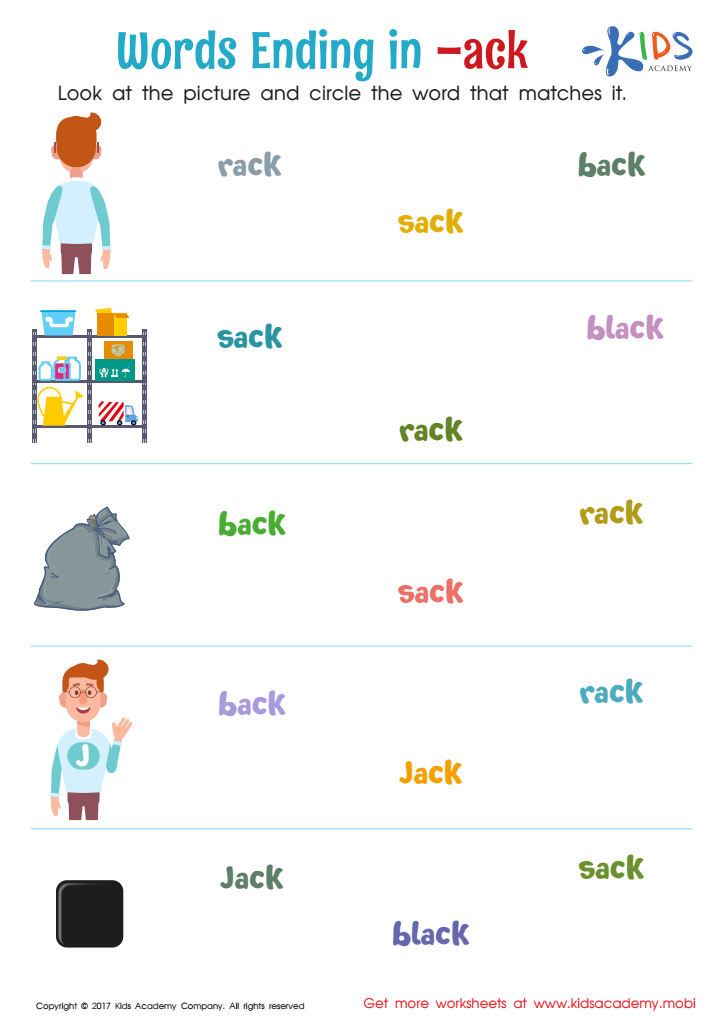
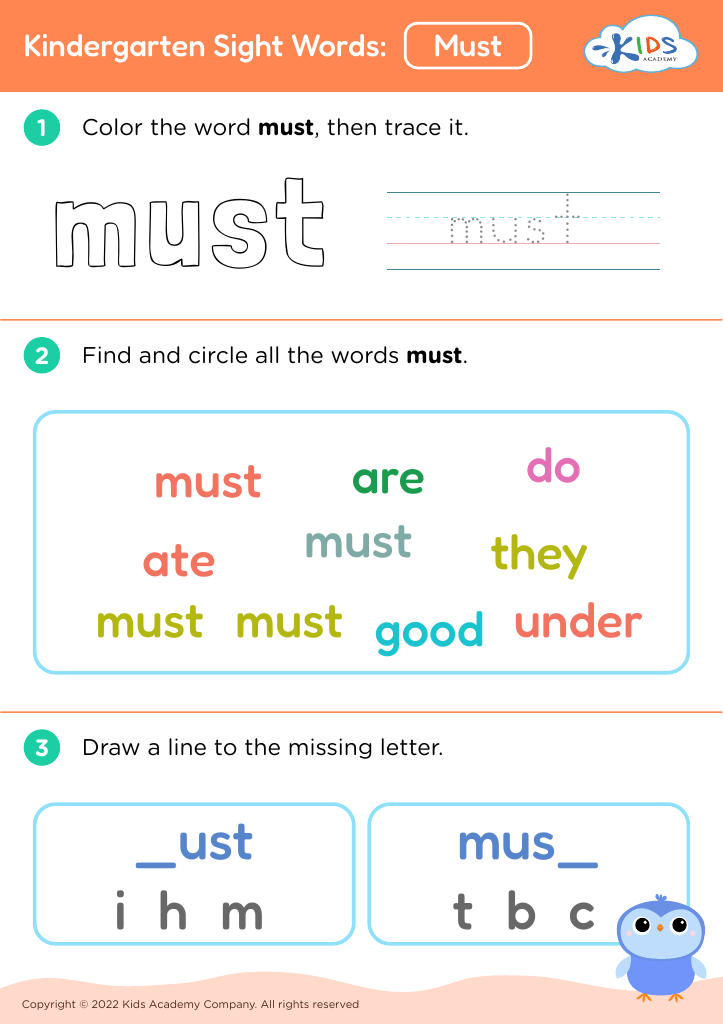
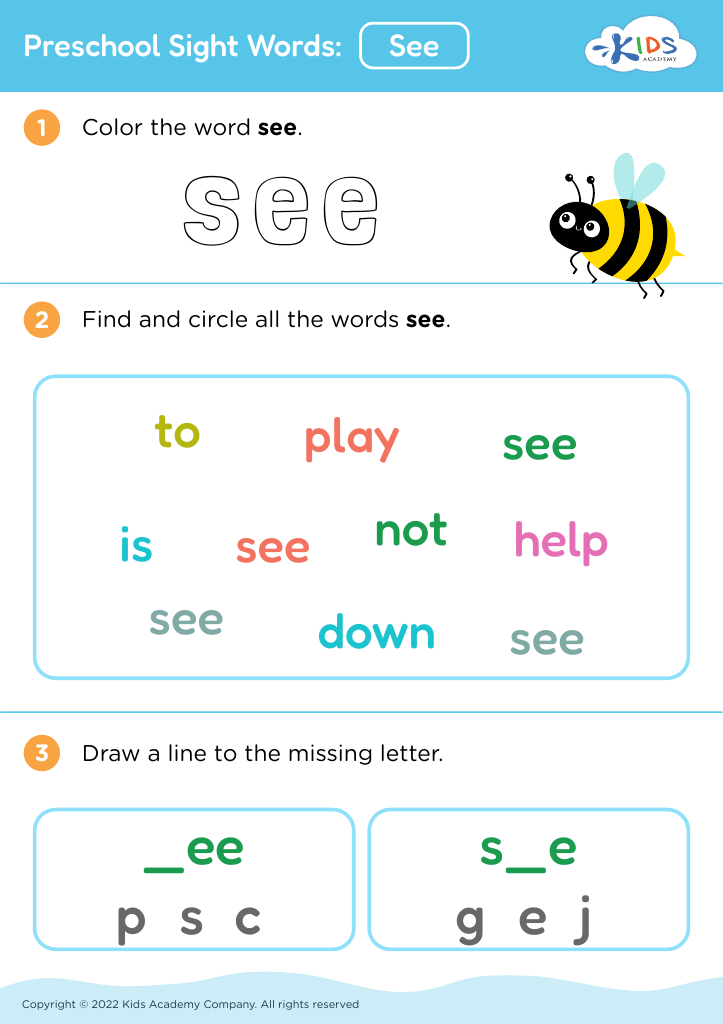






.jpg)







